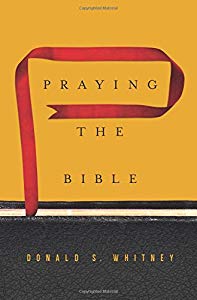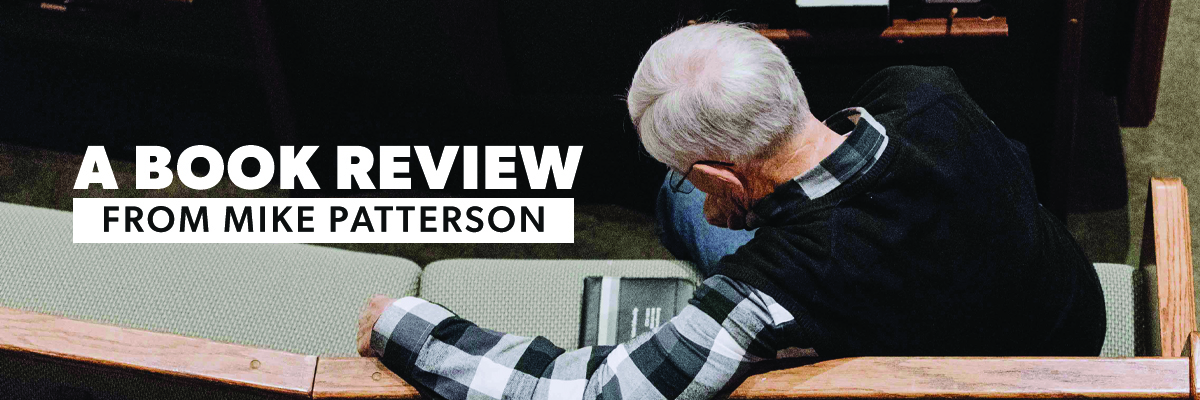
By Mike Patterson
Spotswood West Elder (Prayer)
Admittedly, one of the areas of my Christian faith where I’ve struggled the most has been with prayer. It’s hard to get into a good rhythm. It’s easy to get distracted. My mind wanders all over the place. It’s even easy to fall asleep. I’ve tried several different methods to help with developing a good habit of prayer. But one of the best ways is one I was introduced to while reading the book, Praying the Bible.
Author, Don Whitney, maintains that the reason so many Christians get bored or discouraged when they pray is not because there is something wrong with them, but because there is something wrong with their method. We tend to pray the most about the important things in our lives, such as our family, future, finances, work, our church or ministry involvement, and current crises in our lives. That is normal and good; we are called to pray about our lives, and our lives are made up of those things. The problem is not that we pray for the same things, but that we pray for the same things in the same old way. We pray the same things over and over, leaving us bored, frustrated, and feeling like there is something wrong.
The solution to praying the same prayers over and over is to instead pray through the Bible. You choose a passage of Scripture and simply go through the passage line by line, talking to God about whatever comes to mind as you read the text. If you don’t understand a particular verse, or nothing comes to mind when you read it, you simply move on to the next one. As you read the Word, you talk to God about everything and anything that comes to mind. This works particularly well with the Psalms, which were designed to be prayed, but it can work with any passage of Scripture.
The author describes this method and then teaches it with very practical instructions. The book’s tone is that of a wise, older Christian coming alongside a young one and saying, “Let me teach you what I have learned. Let me teach you how to pray.” If you read the book, you will walk away knowing and being able to practice his method. I also think you will walk away excited to try it out and confident that it will bring new life to your prayers.
After reading the book, I tried a 5-7 minute time of prayer using Psalm 23. I went through this passage, bringing before God so many things I had never seen, never thought about and never prayed about before. And once my time was up, I found I had more prayer than time! More and more, things to pray about came to mind as I went through each verse of the psalm. And my mind didn’t wander nearly as much. Most importantly, I found that, as I prayed, my prayers were more naturally conformed to Scripture—they were more biblical than those I pray when I’m just making things up. This is perhaps the greatest benefit of the method.
One of the other benefits of this approach is that it fosters meditation on Scripture and guides our thinking. For example, if we are praying Psalm 34:19 (“A righteous man may have many troubles, but the LORD delivers him from them all.”) we may think of those we know who are in the midst of affliction as well as praising God for the reality that he delivers from our afflictions. Anything to get us to slow down and think about Scripture is a good thing!
Praying the Bible is a small, 106-page book easily digested over a short read. It’s very specific focus means the reader can put it into practice right away. If you have never read this book, I urge you to do so. Make the Lord make us a people of constant and scriptural prayer!
May our hearts be turned toward heaven,
Mike Patterson



